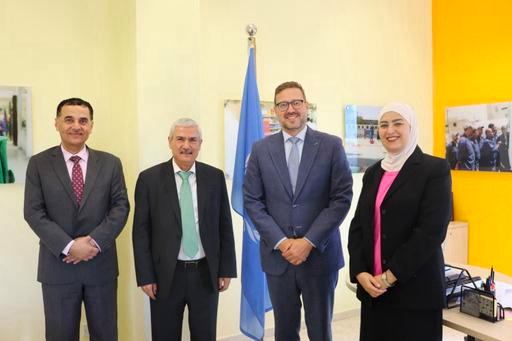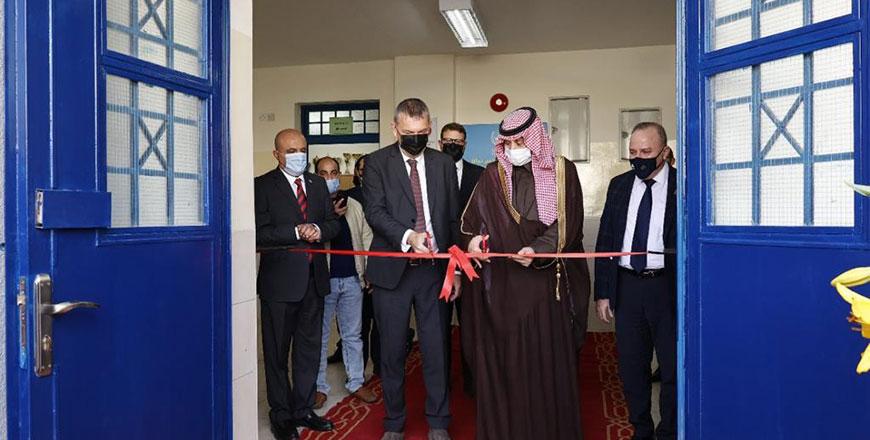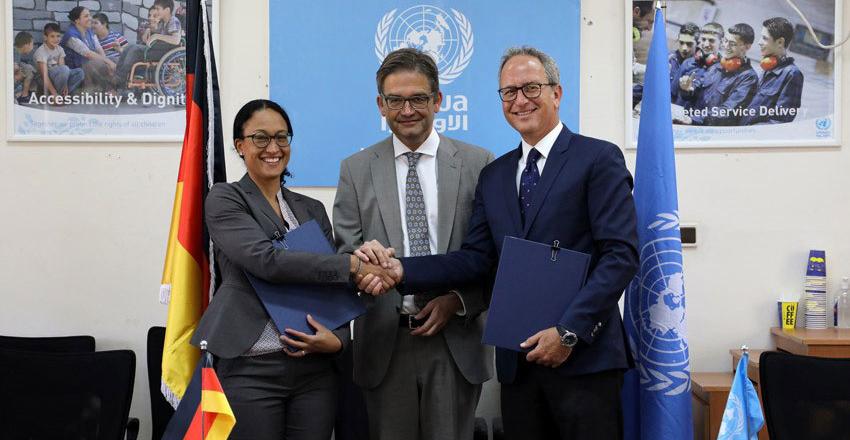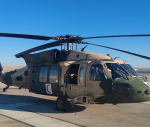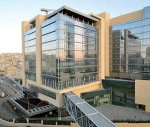You are here
UNRWA partners with UNICEF to deliver even more for Palestinian refugees in Jordan
Oct 27,2014 - Last updated at Oct 27,2014
Mahatma Gandhi, who is arguably one of the greatest leaders in the 20th century once remarked; “Live as if you were to die tomorrow. Learn as if you were to live forever.”
Following Gandhi’s teaching, UNRWA continues to learn even after more than six decades of serving Palestinian refugees. Continuous partnership and cooperation with other expert organisations, individuals and institutions is probably UNRWA’s greatest innovation of our time.
“It is not UNRWA’s space alone, we deliver more, and for cheaper, by working with others,” commented Faiza — the manager of a UNRWA-UNICEF collaboration project supporting hundreds of Palestinian refugees who are facing complex and challenging hardships in the Marka area, located in the eastern part of Amman.
With 174 schools serving close to 120,000 children from grade one to 10, two technical schools and a faculty of educational science and arts, in addition to more than two dozen health centres, working inside and outside more than 10 camps, one would think that UNRWA is content with its contribution to serving over 2 million Palestinian refugees in Jordan. However, UNRWA continues to pursue innovations in the delivery of its health, education, and relief and social services.
With the new reforms in education, UNRWA schools are now offering an enriched curriculum that equips students with skills in conflict management, human rights and abilities to engage with the outside world.
In addition, 14 of
UNRWA’s health centres are now organised to provide a one-stop service point where health teams — consisting of a doctor, nurses and support staff — deliver a comprehensive healthcare package to their assigned families. This family health team approach ensures that the households receive preventive, curative and palliative care.
Because disease is detected early and treatment is more precise due to a long-term doctor-patient relationship, consultation times have been reduced, healthcare resources are more efficiently used and people enjoy healthier lives.
Real life accounts from the Marka project are examples of how UNRWA and its partners are reinvigorating themselves to provide an even more holistic package to Palestinian refugees.
A family was helped to discover that their child had a speech and learning disability when they came to receive other UNRWA services. After obtaining a professional diagnosis, the case workers connected the family to a speech therapist from another partner organisation. With eight sessions already completed at the speech centre, the child is learning to speak.
Beyond the regular UNRWA services, the Marka project handles cases like family disintegration, child and gender abuse, refugees with disabilities, early marriage, school dropouts and the disenfranchised ex-Gazans, who cannot readily engage in gainful employment because they are not holders of a national number.
These and more stories demonstrate the power of partnership and the innovations that are making UNRWA more effective. With the multidisciplinary approach to providing relief and social services, school teachers, counsellors, health workers, social workers and community workers from other partner organisations have all become sources for a holistic service provision. They all serve as purveyors to ensure that the whole person is served irrespective of what they present at our points of service.
Like an old African adage goes: “Unless teeth are together, they can never chew meat.” Together with others, UNRWA is delivering even more services to Palestinian refugees.
The UN office in Amman contributed this article to The Jordan Times on the occasion of UN Day.
Related Articles
AMMAN — Secretary General of the Higher Council for Science and Technology (HCST) Mashhour Rifai on Saturday met with Director of the United
AMMAN — Saudi Arabia’s Ambassador to Jordan Nayif Bin Bandar Al Sudairi, UNRWA Commissioner General Philippe Lazzarini, and Deputy Director
AMMAN — On July 22 and August 11, respectively, the United Nations Relief and Works Agency for Palestine Refugees in the Near East (UNRWA) s


